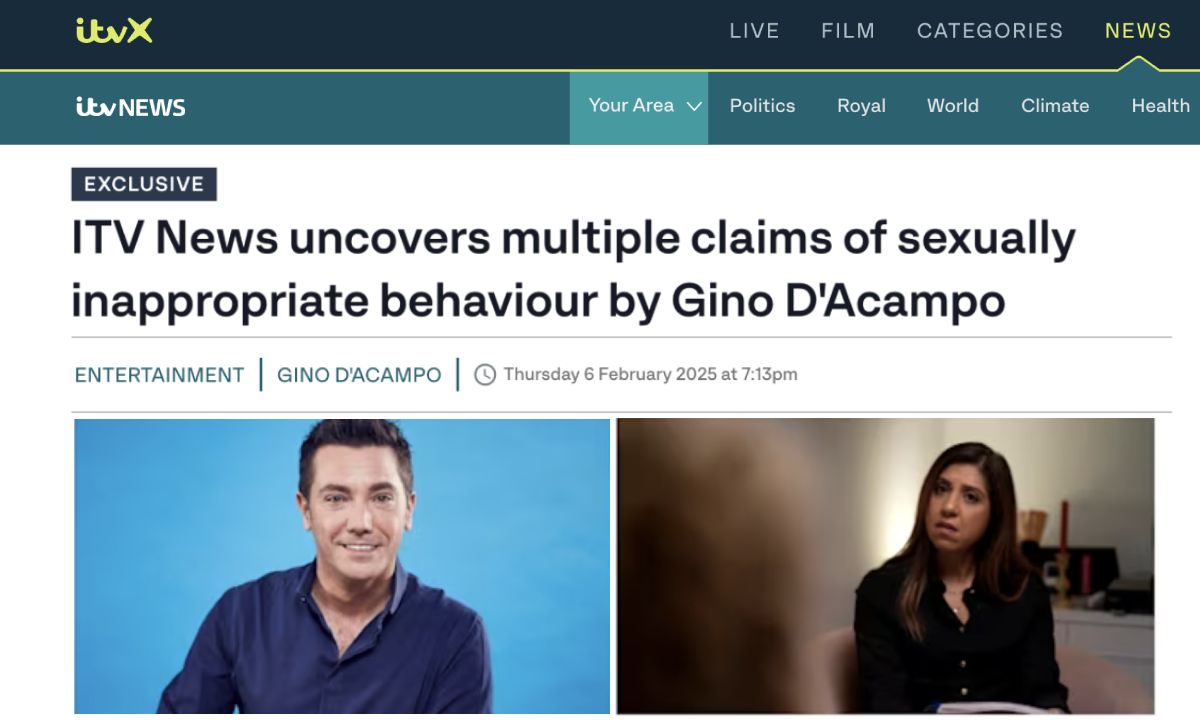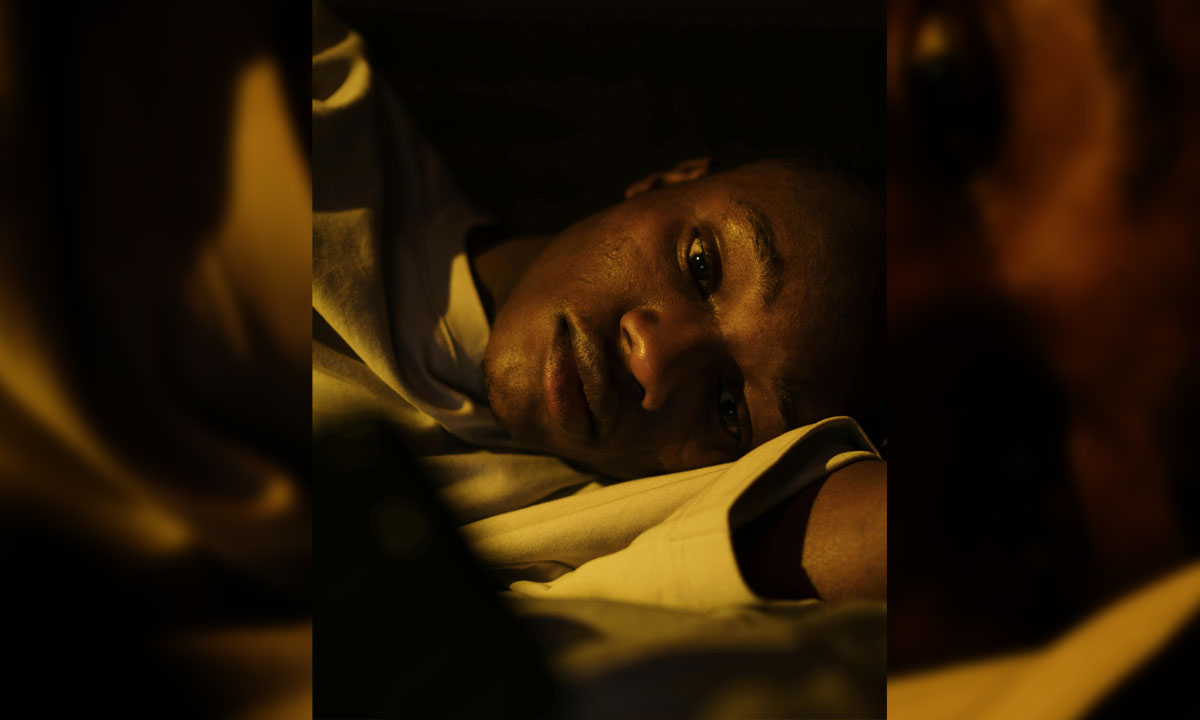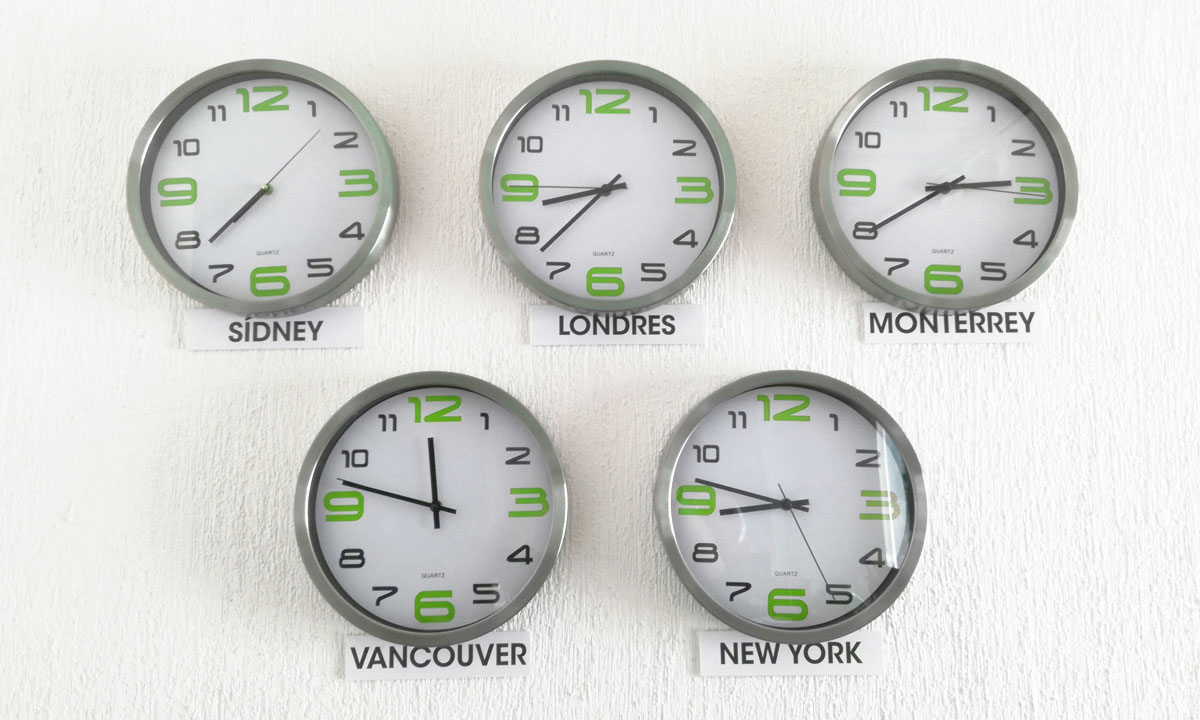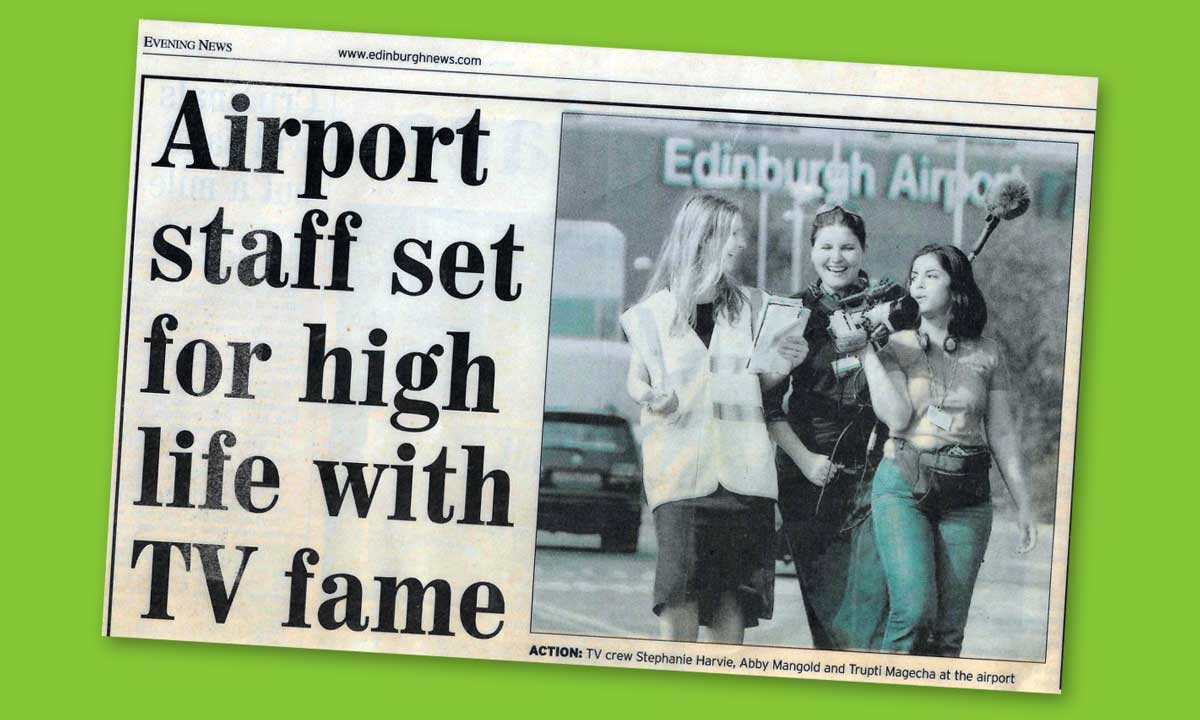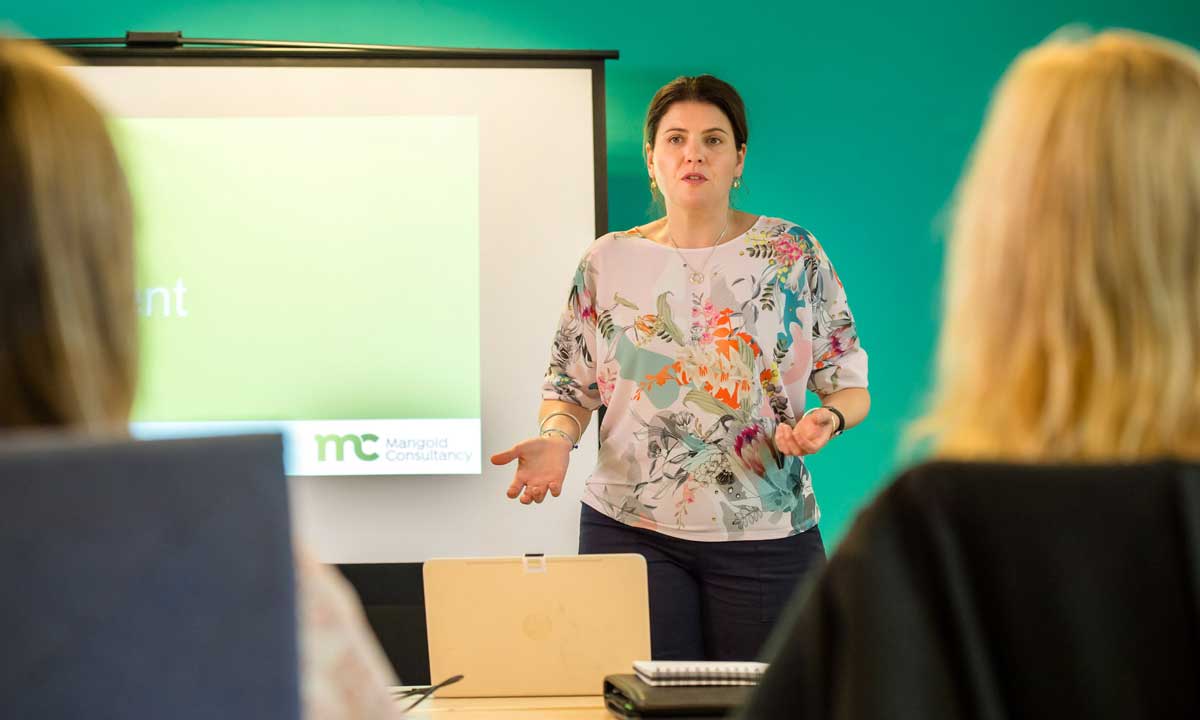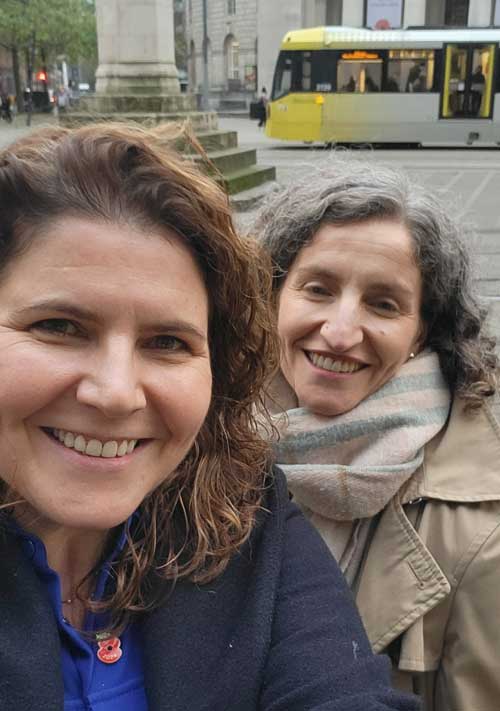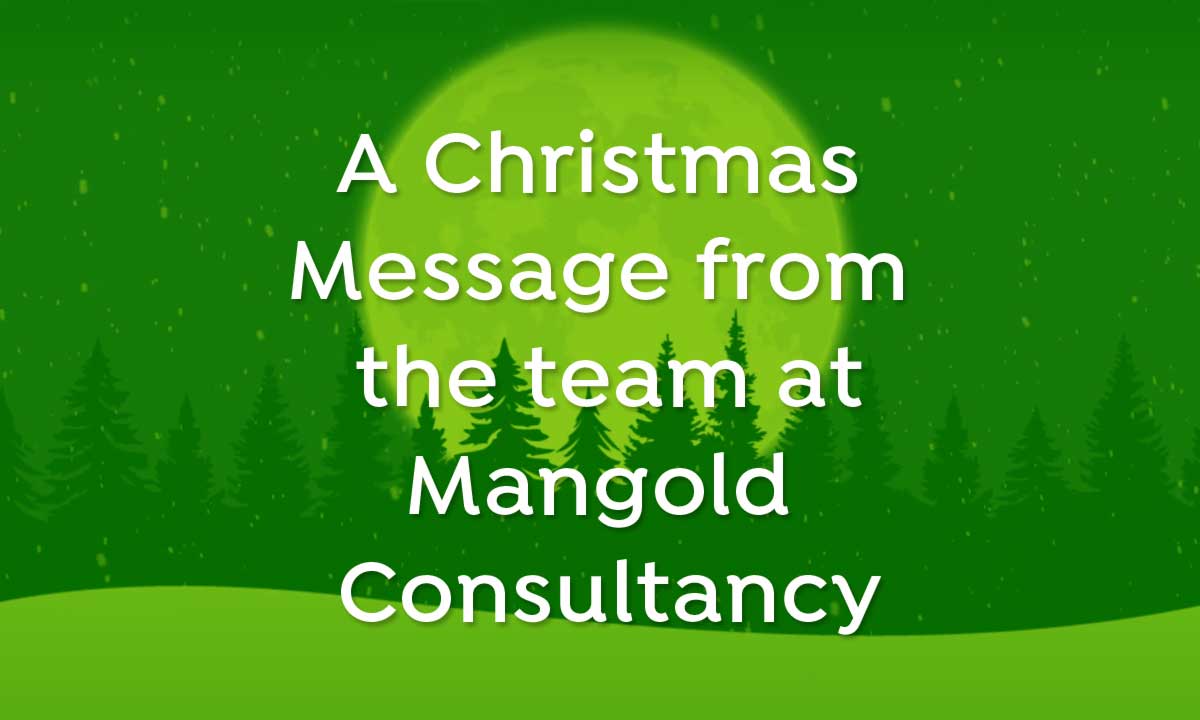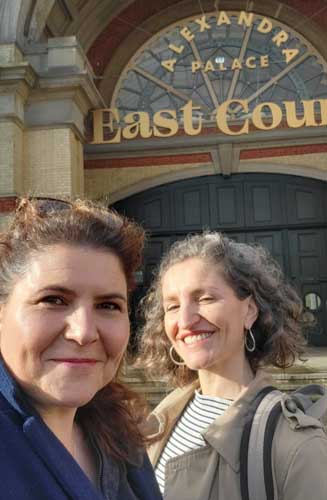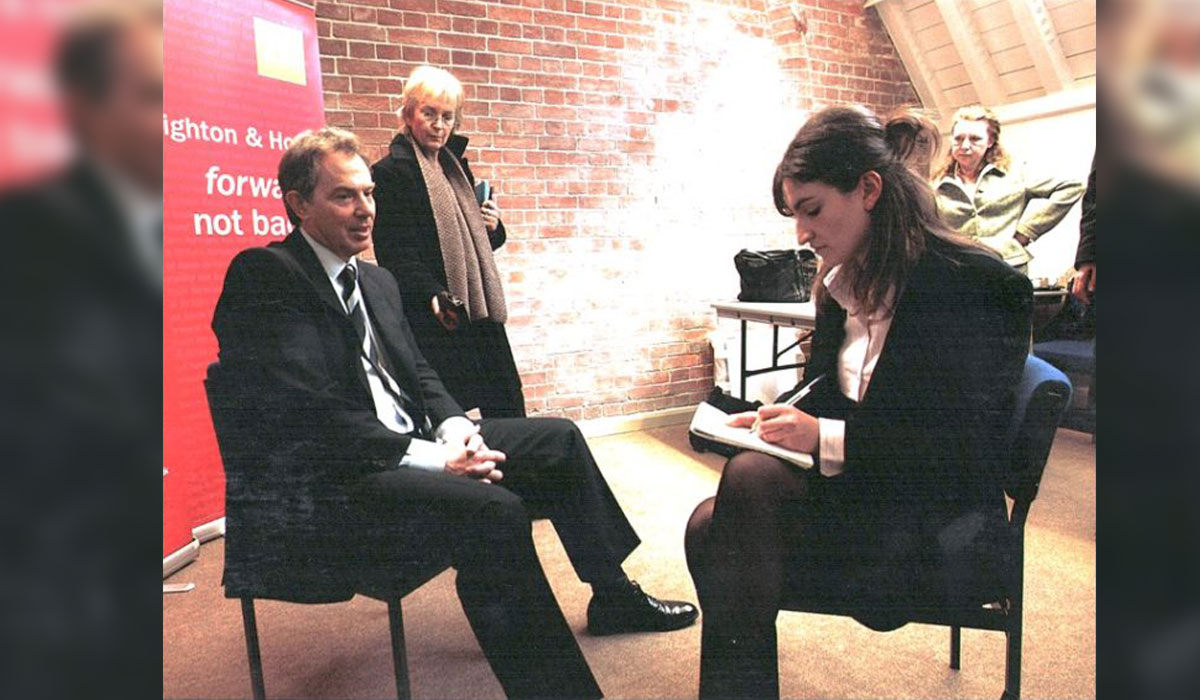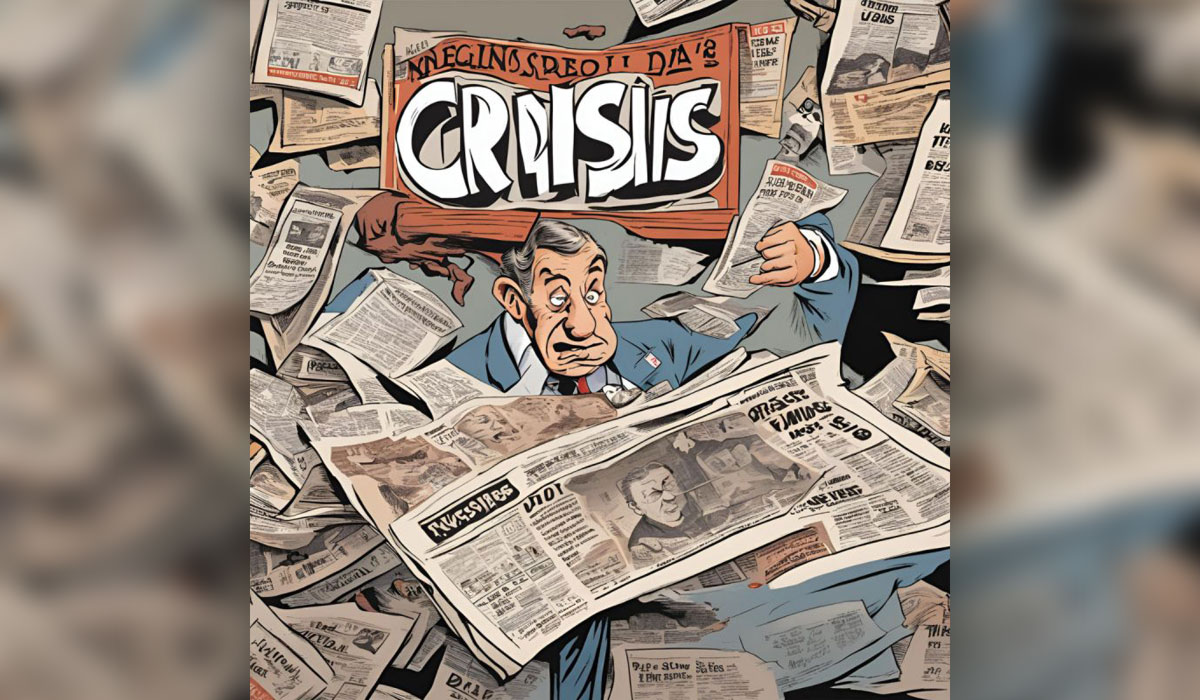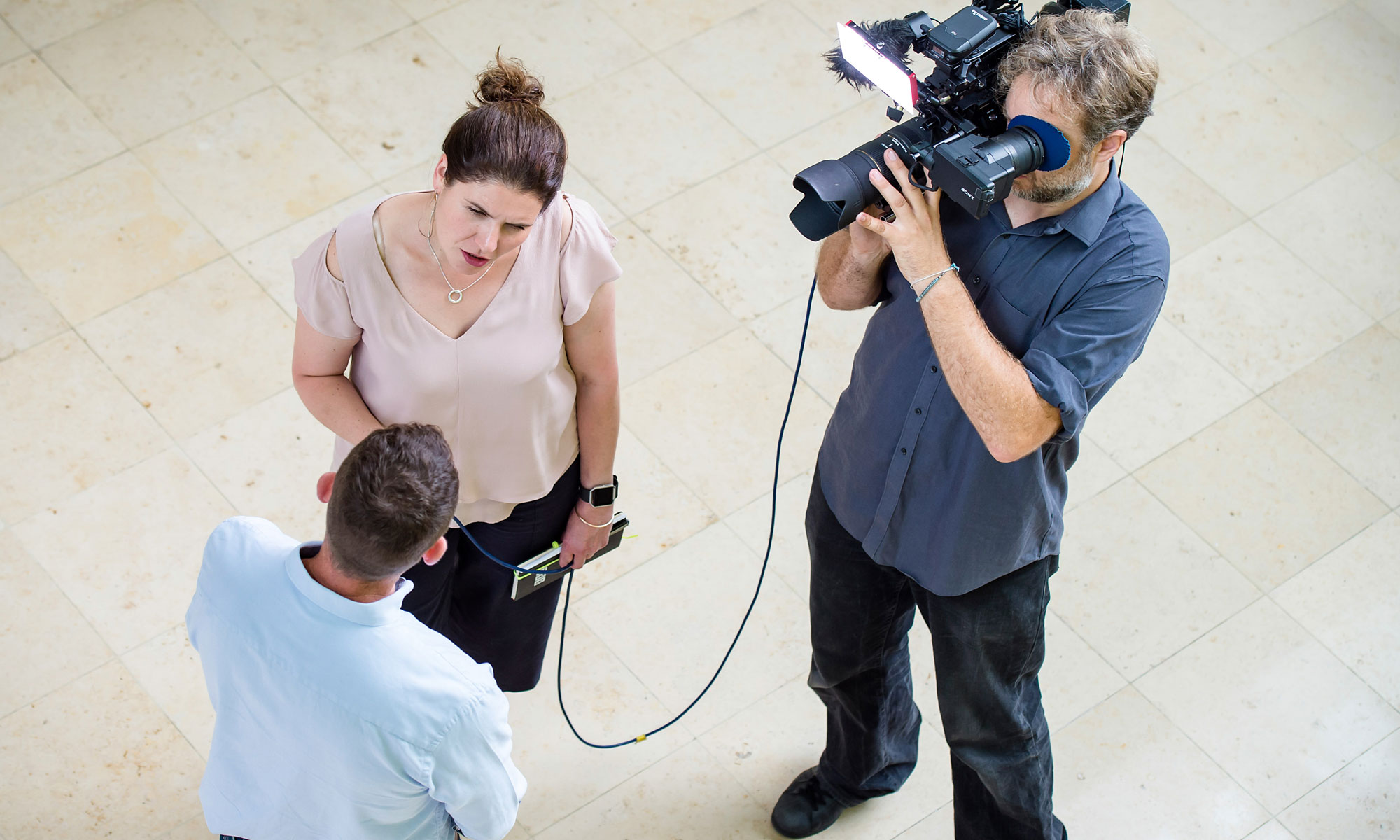When I listen to tabloid journalists talk about their trade, it is clear how well they know their reader. Their instinct first and last is to ask questions and write articles that matter to their audience and are worth taking their precious time to read.
Understanding who you are writing for is rule number one, whether it is a front page splash or an open letter to customers apologising for a product failure.
In a crisis there are so many people you need to communicate with; employees, customers, suppliers, unions, partners, regulators, the media to name just a few.
The key is to keep the essence of the message the same but adapt it depending on the audience.
Let me give you an example:
You’ve had to recall your best selling product because some people say it doesn’t work. Your media statement and social posts will contain the same information but the tone they’re written in will be very different. There should be no hint of “corporate” when posting on social media so you need to work with the social team to get the tone the same as all the usual posts, whilst maintaining the overall message you are communicating to the media and others.
The key, particularly in crisis comms, is to assume everything you write will end up in the hands of the media or others who may want to scrutinise it, so consistency is everything. And you need to treat each stakeholder individually, understanding their needs, expectations and mind set and how you want them to feel before you start to explain to them what’s going on.
As with so much of our work at Mangold Consultancy there is loads of cross over between the skills we developed as journalists and those we now use in communications.




